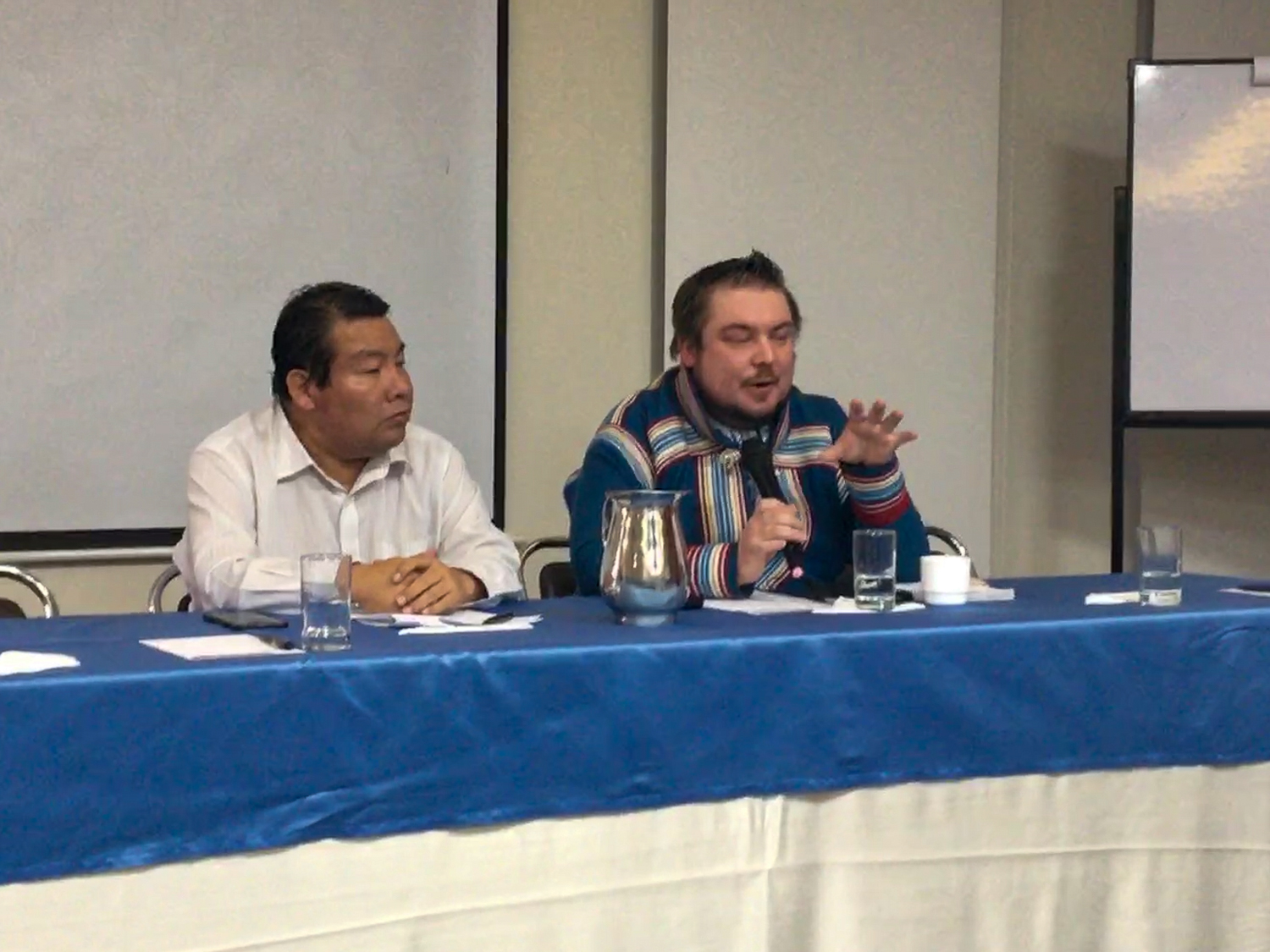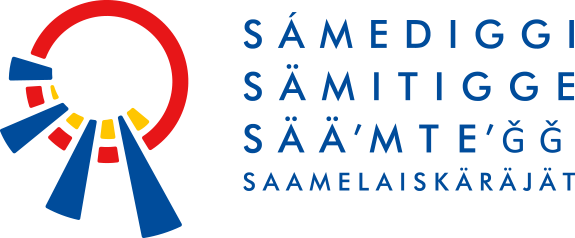The process of enhancing the right of indigenous peoples to participate in the United Nations (UN) continues under the leadership of the Sámi Parliament

The Sámi Parliament, in partnership with three other Indigenous Peoples’ organizations, the Coordinadora de las Organizaciones Indígenas de la Cuenca Amazónica (COICA), the International Indian Treaty Council (IITC), and the Asia Indigenous People’s Pact (AIPP), organized a dialogue meeting on the process of enhancing Indigenous Peoples’ participation in the UN. Taking place in Quito, Ecuador, from 27 to 30 January 2020, the four-day meeting was attended by 30 representatives of Indigenous Peoples from around the world, as well as representatives of so-called friendly states. Its’ purpose was important: to discuss the UN process, find a common position for Indigenous Peoples for future work, and strengthen the dialogue with the member states. The Sámi Parliament led the preparation, coordination, and logistics of the meeting, including coordinating funding from Norway, Canada and Finland.

The meeting was chaired by President Tuomas Aslak Juuso and Estebancio Castro Diaz, a Kuna from Panama.

Indigenous peoples representatives from around the world participated in the meeting.
For context, the enhancement of Indigenous Peoples’ right to participate in the UN is an important and enduring process. In 2017, the UN General Assembly adopted the first resolution (A/RES/71/321) on the process of enhancing the participation of Indigenous Peoples, but it has not yet taken any tangible steps to improve the participation of Indigenous Peoples. The process remains important, as it works to strengthen and support the ability of Indigenous Peoples to exercise their right to self-determination at an international level. This is particularly important for the Sámi Parliament and other similar institutions representing indigenous peoples, which currently lack their own proper place in the international community.
Discussions in Quito were founded on and guided by the UN human rights treaties, the UN Declaration on the Rights of Indigenous Peoples, and the Outcome Document of the World Conference of Indigenous Peoples as well as the background material for the preparation of the outcome document. According to the UNGA resolution, the process must continue, which motivated the meeting coordinated by the Sámi Parliament.

The Coordinadora de las Organizaciones Indígenas de la Cuenca Amazónica (COICA) organised a spiritual ceremony for the participants.
Over the course of the meeting, Indigenous Peoples and their representatives discussed the process that led to the adoption of the 2017 UNGA resolution, the current context, and future priorities. Its timing was strategic, as Indigenous Peoples’ representatives identified important priorities, strategies, and positions for the upcoming process. Following an internal dialogue amongst Indigenous Peoples, a conversation was held with representatives of the so-called friendly states, including Finland.
To maintain momentum, the Indigenous Peoples’ representatives drafted an outcome document, providing direction and expectation for the participation process. It draws on recent decisions at the UN General Assembly and the Human Rights Council, including the appointment of advisors to the General Assembly process, and charts out a constructive path forward for the internal coordination of Indigenous Peoples.
For further information, please contact:
Tuomas Aslak Juuso, President, +35840 687 3394, tuomas.juuso(at)samediggi.fi
Inka Saara Arttijeff, Secretary for International Affairs, +35850 5747629, inka-saara.arttijeff(at)samediggi.fi



